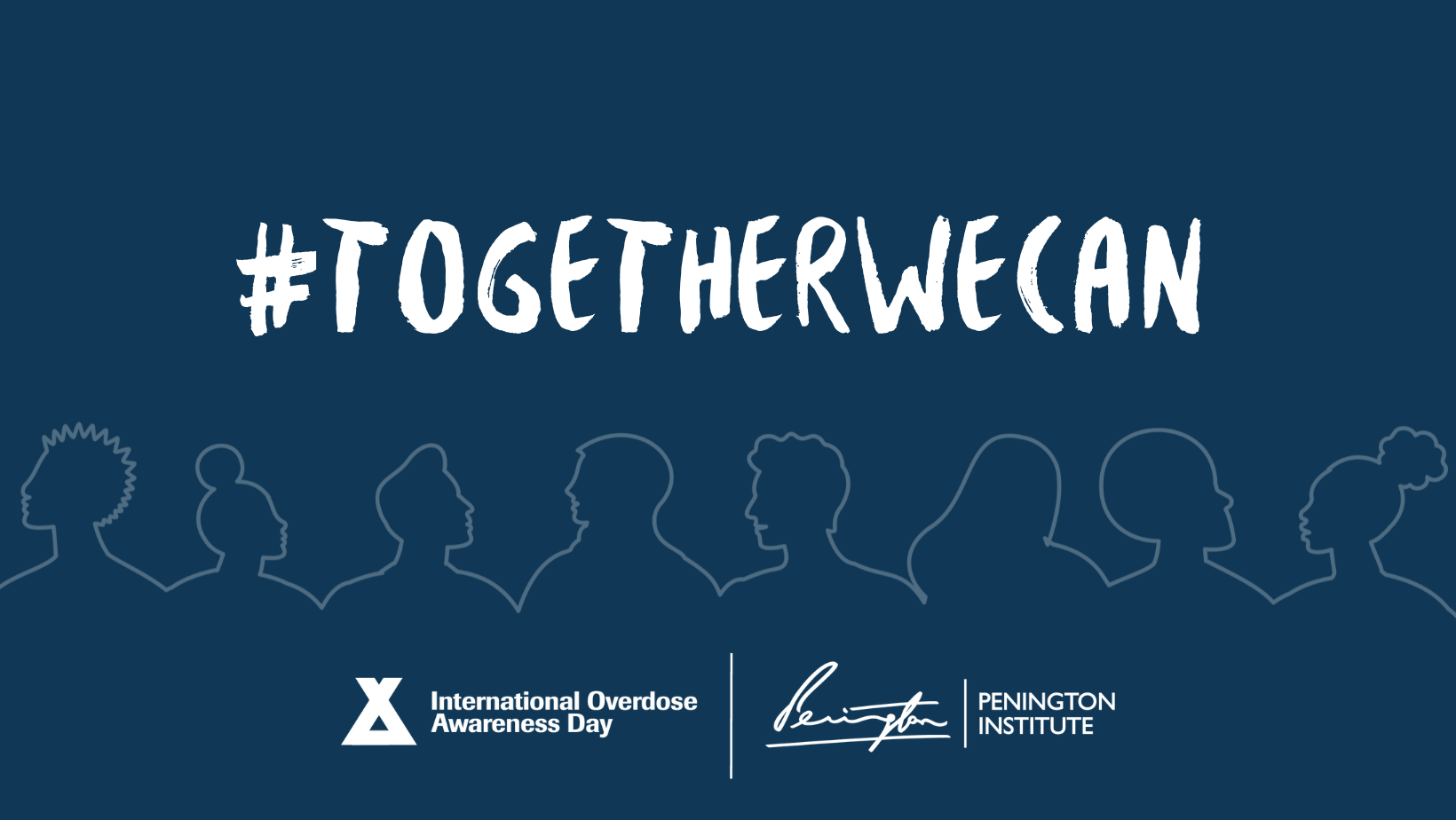Overdose Awareness Week: Breaking the Stigma to Save Lives
As we observe Overdose Awareness Week, culminating in International Overdose Awareness Day on August 31st, we are reminded of this year’s powerful theme: “Together, We Can.” This message is not just a call to action; it’s a recognition that the overdose crisis is a collective challenge, one that demands a united response from all corners of society. Stigma surrounding drug use and overdose doesn’t just harm those struggling with addiction; it perpetuates the very crisis we aim to overcome. But together, we can break the cycle of stigma, save lives, and foster a culture of compassion and support.
Understanding the Stigma
Stigma is a mark of disgrace imposed on individuals or groups, often based on misconceptions, fears, or prejudices. In the context of substance use, stigma manifests in many forms: from derogatory language and judgmental attitudes to discriminatory policies and practices in healthcare, law enforcement, and social services. People who use drugs or have a substance use disorder are often labeled as “junkies” or “addicts,” stripped of their humanity, and reduced to a single aspect of their identity.
This dehumanization fosters a culture of shame and silence, where individuals are less likely to seek help for their substance use disorder (SUD) or related health issues. The fear of being judged, rejected, or criminalized drives people further into isolation, away from the very resources and support systems that could save their lives.
The Perpetuation of Overdoses
Stigma doesn’t just exist in a vacuum—it actively contributes to the ongoing overdose crisis. Here’s how:
- Barriers to Treatment: Stigma creates significant barriers to accessing treatment and support. Many people avoid seeking help due to fear of judgment or discrimination, either from healthcare providers or within their own communities. This reluctance can delay critical interventions and increase the risk of overdose.
- Underreporting and Misrepresentation: The stigma associated with drug use often leads to underreporting of overdoses, skewing the data and undermining efforts to address the crisis effectively. It also results in misrepresentation of the issue, focusing on individual “failures” rather than systemic problems that contribute to the rise in overdose deaths.
- Criminalization and Punitive Measures: Policies rooted in stigma often prioritize punishment over rehabilitation. The criminalization of drug use exacerbates the cycle of addiction, pushing people into more dangerous circumstances, such as using drugs in secrecy or resorting to unregulated substances, both of which increase the likelihood of overdose.
- Misinformation and Myths: Stigma perpetuates myths about substance use and addiction, such as the false belief that addiction is a choice or a moral failing. This misinformation contributes to inadequate responses from society and institutions, further marginalizing those in need of help.
- Isolation and Social Disconnection: Stigma drives individuals into isolation, cutting them off from their support networks. People who use drugs often face judgment not only from society but also from their families and friends, leading to strained relationships and a loss of social support. This isolation exacerbates feelings of hopelessness and despair, which can increase the likelihood of substance use as a coping mechanism and elevate the risk of overdose. When people feel disconnected and alone, they are less likely to seek help, share their struggles, or access life-saving resources.
Together, We Can: The Path Forward
This year’s theme, “Together, We Can,” underscores the importance of collective action in overcoming the overdose crisis. Breaking the cycle of stigma requires a united effort to shift the narrative around substance use and overdose. We must:
- Promote Compassionate Language: Words matter. By choosing language that respects the dignity of individuals, such as “person with a substance use disorder” instead of “addict,” we can begin to dismantle the harmful stereotypes that fuel stigma. Using person-first language emphasizes the humanity of the person and elicits empathy rather than judgment.
- Advocate for Harm Reduction: Harm reduction approaches, such as naloxone distribution, supervised consumption sites, and needle exchange programs, are proven strategies to reduce overdose deaths. These initiatives often face opposition due to stigma, but they are critical in saving lives and connecting people to treatment.
- Support Policy Change: We need policies that prioritize public health over punishment, ensuring that people with substance use disorders have access to the care and support they need. This includes expanding access to medication-assisted treatment (MAT), decriminalizing drug possession, and providing comprehensive mental health services.
- Educate and Raise Awareness: Education is key to breaking down stigma. By raising awareness about the realities of addiction and the factors that contribute to overdose, we can challenge harmful narratives and foster a more supportive environment for those affected.
Conclusion
Overdose Awareness Week, culminating in International Overdose Awareness Day, is a time to remember those we’ve lost, support those still struggling, and commit to action. Stigma is a barrier that we can and must overcome. Together, we can save lives and build a society where everyone has the opportunity to recover, thrive, and be treated with the dignity they deserve.
Let’s use this week to not only raise awareness but to also renew our dedication to ending the stigma that perpetuates the overdose crisis. Together, we can make a difference.
YOU ARE NOT ALONE
If you or someone you know is in need of support, there are many Peer Support Specialists ready to support you on your journey.
